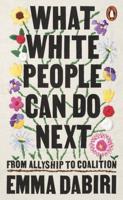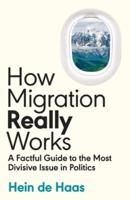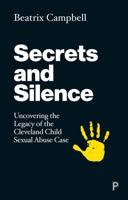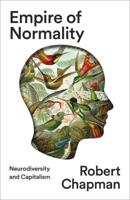Publisher's Synopsis
The recent increased attention given to qualitative research, and especially research involving vulnerable persons, has not yet been adequately translated into corresponding research on the methodological and ethical challenges researchers face. The relative scarcity of such scholarship reflects the dilemma of the multidisciplinary nature of the study of migration. The aim of this book is to present the difficulties that researchers working with migrants in precarious situations have to contend with, and to contribute to the development of methodological and ethical discussions relevant to the topic of migration as an interdisciplinary field of research. The contributors to the volume do this through a threefold approach: Discussion of methods and ethics in institutional settings; a rethinking of basic research methods; and defining the role of the researcher. Earlier research -- focusing on document analysis (police files and court cases), expert interviews and narrative interviews with smuggled migrants -- indicated that there is a strong need for a deepened debate on methodology when researching human smuggling, trafficking and other forms of irregularity. Subsequent workshops (in Geneva and Toronto) on the topic of interviewing vulnerable migrants confirmed the necessity of finding solutions for the methodological challenges encountered. This book is essential reading for all persons and organisations dealing with vulnerable migrants.










